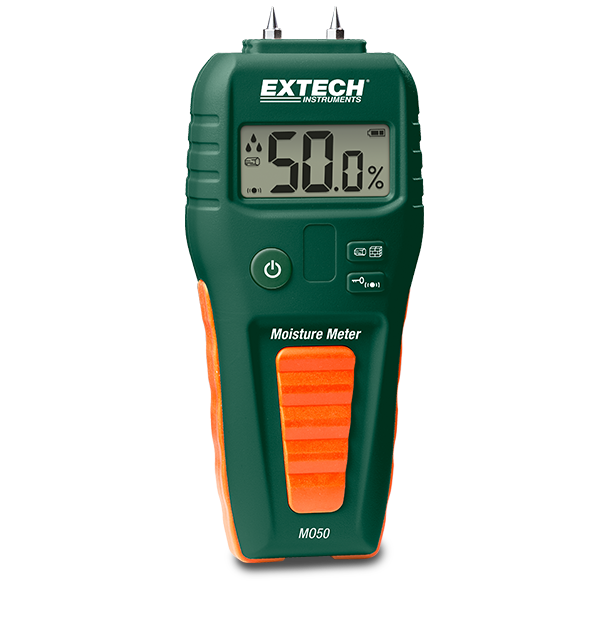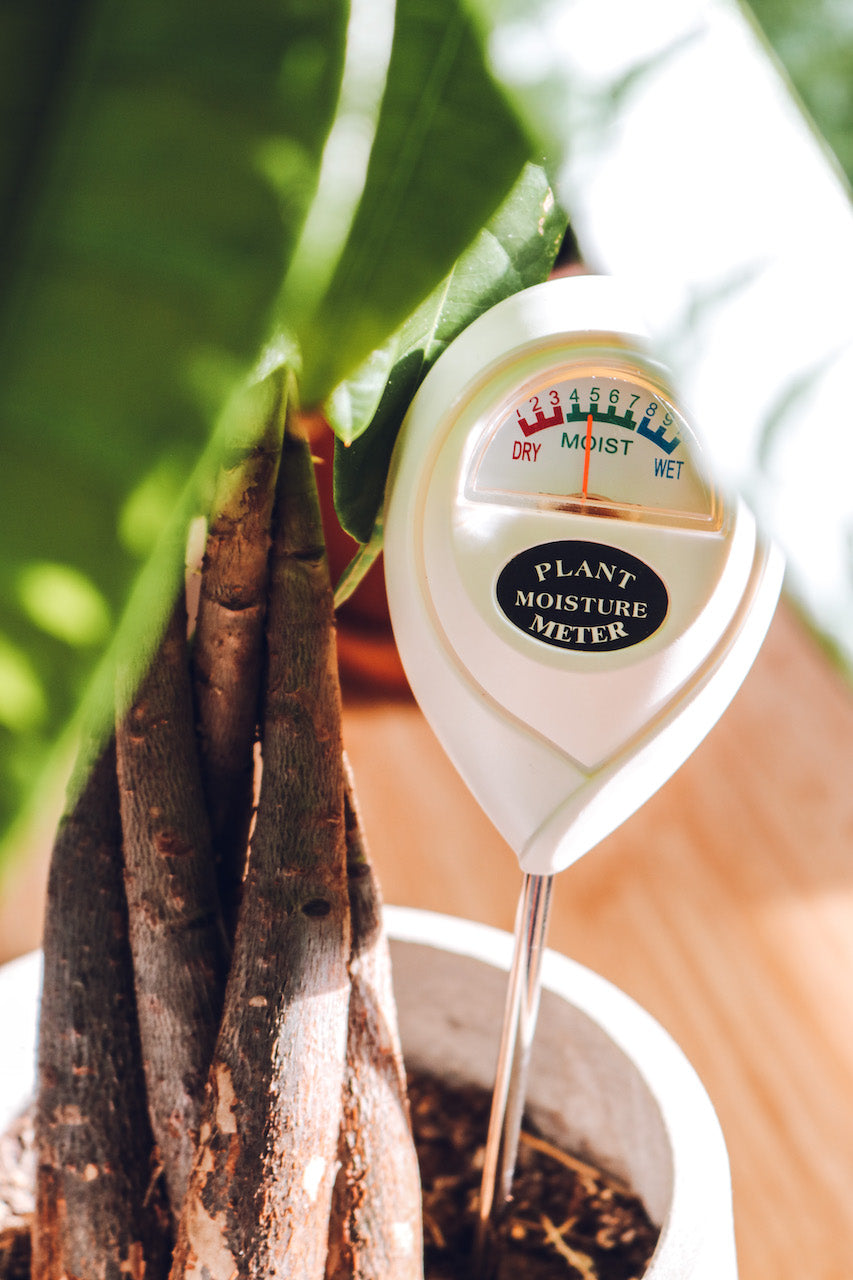Moisture Meter Purchasing Overview: What to Try to find in High-Quality Instruments
The Ultimate Overview to Wetness Meters: A Comprehensive Introduction and Exactly How They Can Conserve You Cash
Wetness meters serve as vital devices in identifying and keeping track of moisture content in products, helping in protecting against expensive damages and guaranteeing the top quality of items. Recognizing the nuances of different types of wetness meters, their applications, and the potential cost-saving advantages they supply can be a game-changer for services and experts alike.
Kinds Of Wetness Meters
One typical kind is the pin-type dampness meter, which measures the electric resistance in between 2 pins inserted into a material. Pinless dampness meters, on the various other hand, usage electromagnetic sensor plates to check a larger location without creating damage to the material's surface area.

Furthermore, there are also specialty moisture meters created for certain products like grain, soil, or hay. These meters give exact moisture analyses customized to the unique homes of the product being checked. Infrared dampness meters measure the thermal residential properties of a material to identify its dampness content non-invasively, making them valuable for applications where pin or pinless meters may not appropriate. Recognizing the various sorts of moisture meters available can help industries choose one of the most appropriate device for their details wetness dimension requirements.

Advantages of Making Use Of Wetness Meters
Wetness meters offer invaluable benefits in precisely examining and keeping an eye on wetness levels in diverse products and environments (Moisture Meter). Among the key advantages of utilizing moisture meters is the avoidance of potential damages brought on by excess dampness. By identifying and dealing with high moisture levels beforehand, dampness meters aid to avoid mold and mildew growth, rot, and architectural damage in buildings, conserving both time and cash on repair work. Furthermore, dampness meters help in guaranteeing the quality of materials throughout building or manufacturing procedures. By properly measuring dampness web content, these devices assist keep the integrity of wood, drywall, concrete, and various other materials, lowering the danger of problems or failures.
Moreover, using wetness meters can lead to enhanced energy performance. In farming settings, wetness meters play a vital function in enhancing plant returns by making it possible for farmers to keep an eye on dirt dampness levels and make informed watering decisions.
Exactly How to Choose the Right Wetness Meter
Selecting the suitable moisture meter involves thinking about vital variables such as material compatibility, measurement range, and calibration precision. When choosing a wetness meter, it's necessary to guarantee that the meter appropriates for the details product you will be screening. Various materials have differing electric residential properties that can affect moisture analyses, so selecting a meter made for your material is vital for exact outcomes. Additionally, take into consideration the dimension series of the wetness meter. Ensure that the meter can find wetness levels within the array needed for your applications. Calibration precision is another vital factor to remember. Select a wetness meter with reputable calibration to make certain discover here accurate and regular analyses. Some meters may call for regular calibration adjustments, so understanding the calibration procedure is very important. By very carefully reviewing these elements, you can choose a moisture meter that fulfills your requirements and provides precise wetness measurements for your projects.
Proper Techniques for Moisture Meter Use

Cost Cost Savings Via Dampness Meter Applications
How can the critical use of wetness meters lead to navigate to these guys considerable cost savings throughout numerous sectors? In the agriculture market, wetness meters help in identifying the optimal time for harvesting plants, preventing excess or over-drying wetness that can affect the final product's top quality.
In a similar way, in construction, dampness meters assist stop expensive damages by spotting dampness levels in building materials, such as timber or concrete, which can result in structural problems if not attended to immediately. By identifying trouble locations early on, service providers can take restorative steps to prevent extensive repair work or replacements, inevitably saving money and time.
Moreover, in the food handling sector, dampness meters are vital for keeping track of item high quality and ensuring conformity with safety regulations. By properly gauging wetness web content in useful content foodstuff, suppliers can protect against spoilage, maintain freshness, and minimize waste, resulting in significant price savings. In general, the critical application of wetness meters is an important financial investment that can cause significant cost reductions and boosted effectiveness across different industries.
Verdict
Finally, wetness meters are useful devices for identifying and measuring dampness levels in numerous products. By using the ideal moisture meter and adhering to appropriate methods, customers can properly prevent costly damages caused by excess wetness. Spending in a quality moisture meter can lead to considerable cost savings over time by identifying potential problems beforehand and allowing prompt remediation. Ultimately, moisture meters are necessary tools for keeping the stability and longevity of frameworks and materials.
Dampness meters serve as essential tools in identifying and keeping an eye on moisture web content in products, helping in avoiding expensive damages and making sure the top quality of items. Infrared dampness meters measure the thermal residential properties of a product to identify its wetness web content non-invasively, making them valuable for applications where pin or pinless meters might not be appropriate.Dampness meters supply vital advantages in accurately keeping an eye on and assessing dampness degrees in diverse materials and settings. In agricultural settings, wetness meters play a critical function in maximizing crop returns by allowing farmers to keep track of dirt wetness degrees and make informed watering choices.In conclusion, dampness meters are beneficial devices for determining and finding moisture degrees in numerous materials.